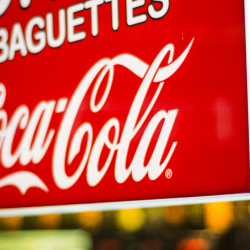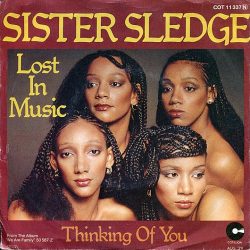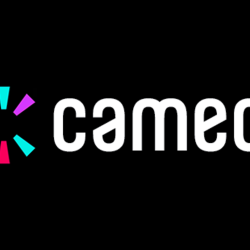It’s not that I don’t understand where the thinking comes from. We’re a huge, sophisticated/edgy/beloved brand known all over the world; ergo we need a huge, sophisticated/edgy/beloved celeb known all over the world in our campaign — and we’re willing to pay for it.
Cue the photo op where the big honchos at client x press the flesh of superstar y, who is cheesily quoted in the press release revealing their pride at being invited to be the face of brand z, which just so happens to be a brand they’ve always admired/loved/trusted etc.
Meanwhile, behind the scenes, are the poor agency creatives who’ve somehow got to turn this implausible partnership into a vaguely convincing marketing campaign — and by the way, the celeb’s contract means they retain creative control, reserve the right to refuse to consume, touch or even look at the product, and are not legally required to spend more than 20 minutes on the shoot. If everyone involved is really, really lucky, the star in question’s performance (in the endlessly tricky role of ‘themself’) will only stink to heaven’s lower reaches.
Even back in the day, when brand fame was mainly driven by what consumers saw on TV and billboards, the ‘cast the Biggest Idol approach’ wasn’t without its pitfalls. Remember David Beckham shaving his head shortly after starring in a Brylcreem campaign? And Madonna outraging the Christian right by seducing a priest and dancing around burning crosses in the Like A Prayer video, just as Pepsi launched its big budget commercial starring the singer?
But that was last century
The fact that ‘let’s put a massive star in our campaign to make people like us’ still passes for a marketing strategy in 2023, however, is mind boggling. I’ve got a lot of time for George Clooney’s work and politics, I even buy into his all-round nice guy image. But the idea that a little bit of his charmed life can be ours if we buy a certain coffee machine belongs in another era.
And that’s before we get into the logic of a commercial where Clooney shares a flat with another famous actor, Jean Dujardin, and the madness of fighting over coffee pods when the endless cafes of Paris are within a stone’s throw.
We’re living in an era where consumers are more knowledgeable than ever
We’re no longer passively accepting the messages pumped out by the powers that be — we’re hugely empowered thanks to the ease with which we can access platforms that let us broadcast our own messages and the widespread availability of technology that allows us to deliver those messages in creative and engaging ways.
This social creativity has had a massive impact on brands, and an era where anyone who doesn’t put their customers first is falling behind. Effective brand communications are all about developing a dialogue and what the consumer experiences — and where the most inspired creativity emerges out of a collaborative spirit. At the same time, the very notion of who is an idol is shifting.
So please: let’s kill this idea of marketing built around the biggest name you can afford. Instead, think about how your brand could create new idols — or better still, how you could make your audiences idols in their own right. And in this era where motivated and empowered communities are emerging, what exciting new territories could you explore and potentially own?
I’m not saying no one should ever work with celebrities, but I am saying no more marketing campaigns where they only feature so your brand can feel pleased with itself. Do it in unexpected ways — and ultimately in a way that builds a world where the brand idolises the consumers who have, after all, made it what it is.
Featured image: actors George Clooney and Jean Dujardin for Nespresso

































